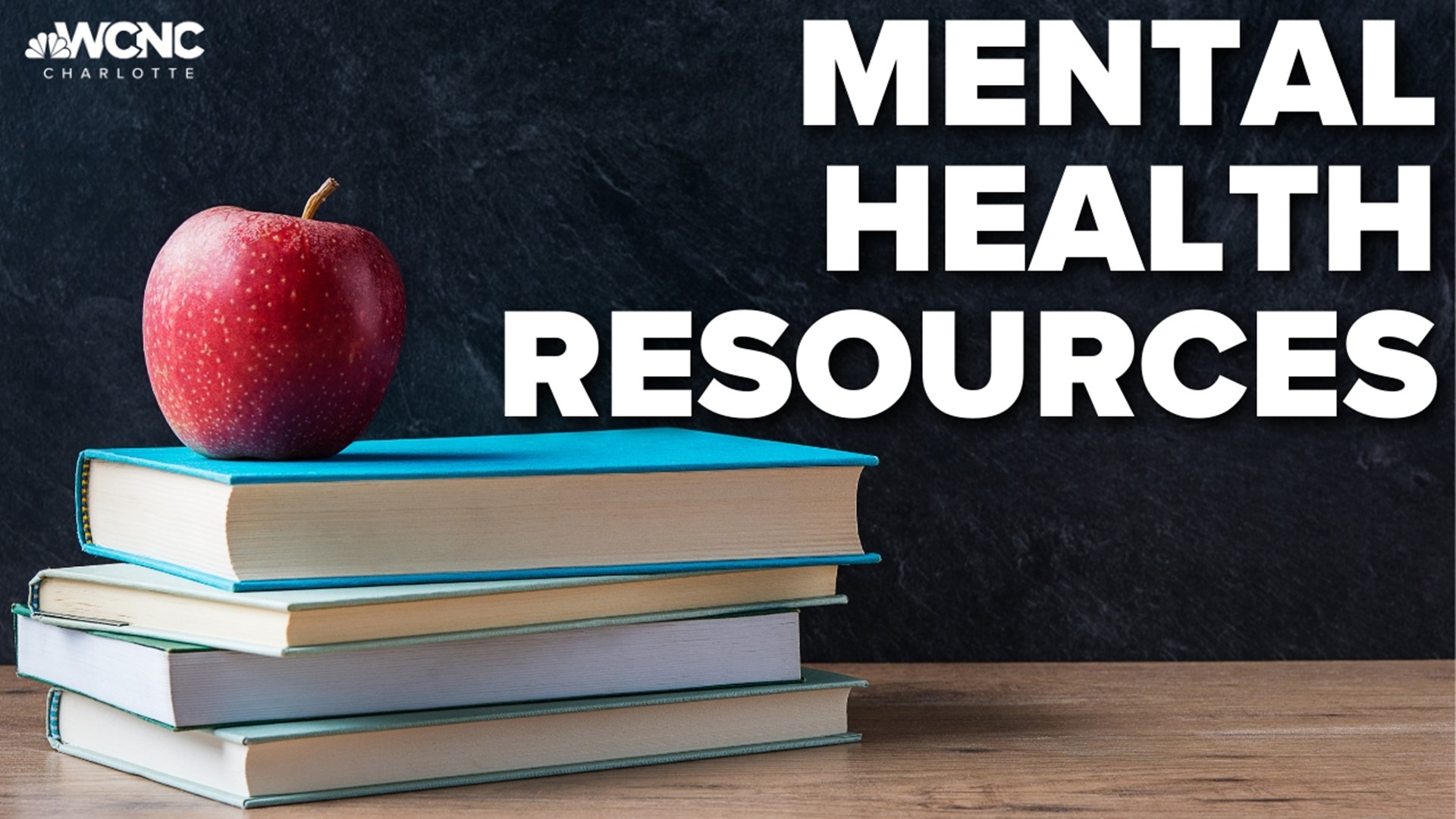CHARLOTTE, N.C. — School districts in the Charlotte area are fighting for new funding from the North Carolina General Assembly to fund mental health services.
Charlotte-area school districts have been clear. Students are suffering from mental health crises and need help.
"It’s been lifted up by staff, it's been lifted up by our students," Jennifer De La Jara, At-Large CMS Board of Education member said.
De La Jara said students have directly asked for more psychologists, social workers, and counselors. She said the most recent numbers show CMS, like many other districts, is behind national standards for mental health-related staff.
The district's student-to-social worker ratio is 1066 students per social worker. The recommendation from the National Association of School Psychologists is 250 students per social worker.
"School psychologists, it's even more of a dire situation, we're at about 1 per 1500 students, and we need to get that down to 1 per 500 students," De La Jara said.
These positions are funded by the state budget and funds from county dollars.
Charlotte-based telehealth software company Let’s Talk Interactive said it has seen an expanded need in connecting students to virtual mental health services.
"We have a shortage in this country of mental health providers as it is. And this eliminates the geographical boundaries," said Arthur Cooksey, Let’s Talk Interactive's founder.
When schools get adequate funding, companies like this are waiting to step in.
"School systems historically have gotten full-time employees, or FTE, if they get dollars and they want to put bodies in a seat," Cooksey said. "And in this case, we're saying 8 schools, 10 schools, 12 schools, share the resources for five to 10 bodies that are virtual bodies that can support 10 times the number of students that can currently be supported."
Virtual care has been a lifeline for underfunded, smaller, and rural districts to have access to mental health resources.
"Mental health in this country is, in some cases, the six to eight weeks waiting list to go see someone, for our veterans, we have those types of things," Cooksey said. "We have a lot of suicides in this country, it's because of a gap in access to care."
Grants from the state and federal government are vital for some schools to afford care. The North Carolina Department of Public Instruction recently awarded roughly $17 million in grant funding from the U.S. Department of Education to help meet the mental health needs of students in the state’s public schools.
During the pandemic, districts used COVID-19 funding to help supplement salaries and new programs focused on mental health. Charlotte-Mecklenburg Schools used millions of dollars to improve the mental and social health of students.
It included new positions, new programs, and increased pay for positions related to student support.
"There's a bit of concern of what we're going to do and how we're going to replace those positions that we've been able to provide through the federal infusion of COVID money," De La Jara said.
She said there's going to be possible attrition of some positions, but there are others issues they're facing now.
"We have several positions that are just unable to be filled simply because we don't have enough applicants. So we do think that's also a very key part of this equation is increasing the pay to make the position attractive so that we have a larger labor pool," she said.
De La Jara said adequate funding for mental health is everyone’s concern.
"The students have been clear, teachers and administrators have been clear school boards across the state have been clear, I can't answer as to why our state legislators are not hearing that message," she said.
She said it's time for legislators to act and put state dollars where they belong.
"I hear some of them speak of it," De La Jara said. "But this is one of those situations where we need to put our money where our mouths are and we need to see the actual allocation of direct funding in order to equip local school districts to provide the services that our students deserve."
Contact Shamarria Morrison at smorrison@wcnc.com and follow her on Facebook, Twitter and Instagram.

